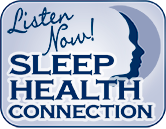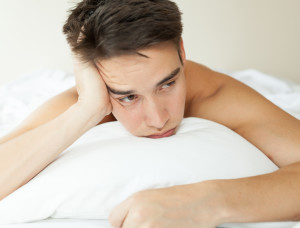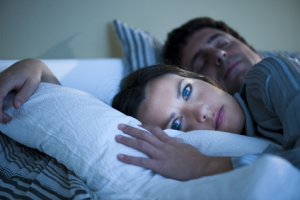Can Autoimmune Disorders Lead to Sleep Problems?
Is your sleep interrupted by aches and pains?
Do you suffer from depression, anxiety and stress and fatigue?
Is sleep apnea a warning sign of autoimmune disorders?
Can autoimmune disorders lead to sleep problems? Studies now show this is a fact. Many people suffer from autoimmune disorders, and their pain can be significant.
Here are ten suggestions to help manage sleep problems:
- Create a regular bedtime routine and sleep schedule
- Use extra pillows to support painful joints
- Enjoy good nutrition and exercise daily
- Keep a comfortable temperature in the bedroom (Around 64 degrees is suggested)
- Wear comfortable sleep clothing
- Try to get 8-9 hours of sleep each night
- Try to manage pain with routine massage therapy sessions
- Stop alcohol and caffeine consumption well before bedtime
- Try acupuncture, meditation or Yoga
- Ask your doctor if changes in medication are necessary
Read more on how restful sleep can improve your autoimmune symptoms here:
http://www.everydayhealth.com/autoimmune-disorders/getting-sleep-with-autoimmune-disease.aspx
Don’t put up with sleep problems any longer! See a sleep specialist and allow them to help solve your sleep difficulties.
Dental Sleep and TMD Center of Illinois, a premiere snoring and apnea treatment center in Naperville, has been providing the CPAP alternative treatment of oral appliance therapy successfully for over 15 years. For more information on this physician-recommended treatment option, visit www.TiredOfSnoring.com, or call us at (630)369-5508.








(630) 369-5508